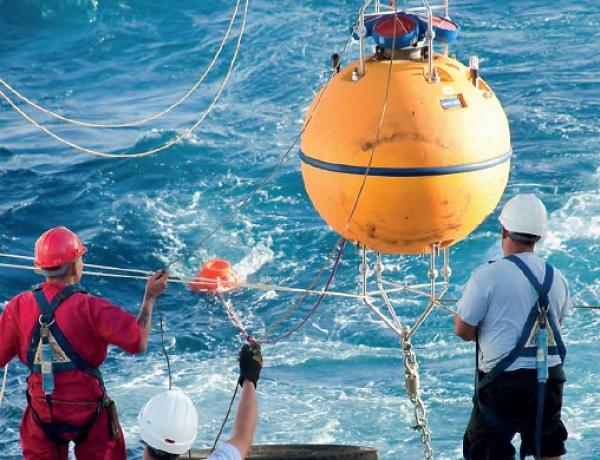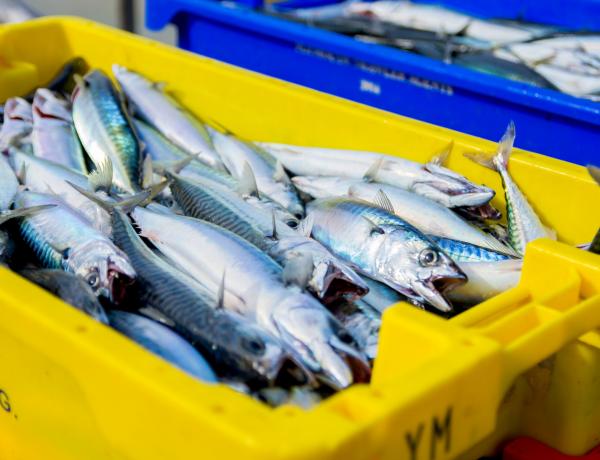Across the 2020 report card topics, there are clear synergies between the key challenges and emerging issues. Drawing on the long list of issues, three challenges ‘areas’ are identified, with a logical progression from building the evidence base, through to supporting decision making. A one page ‘narrative’ has been created for each challenge area.
Workshops were held for each challenge area, bringing together researchers and end users. The challenge area narratives were validated and updated, and response options identified. The responses were grouped, and the ones with the most votes were taken forward as priority actions and explored in more detail (What, Who, How, When?).
The response options and actions have been fully transcribed and organised in the spreadsheet found in the downloads, below. Users can ‘pick out’ issues of interest to them from the challenge area(s) and see what solutions might be available.
All of these outputs informed the guiding principles on how best to approach these issues as a community.


